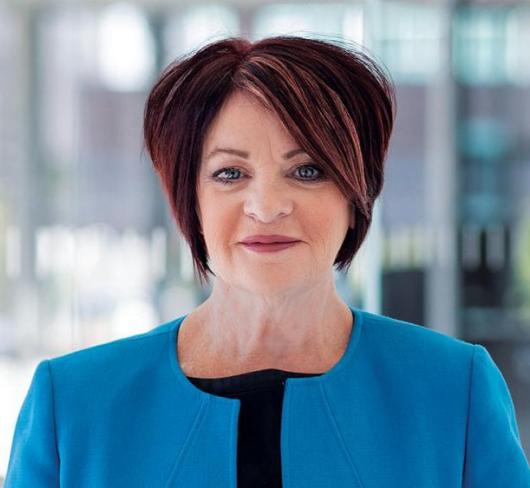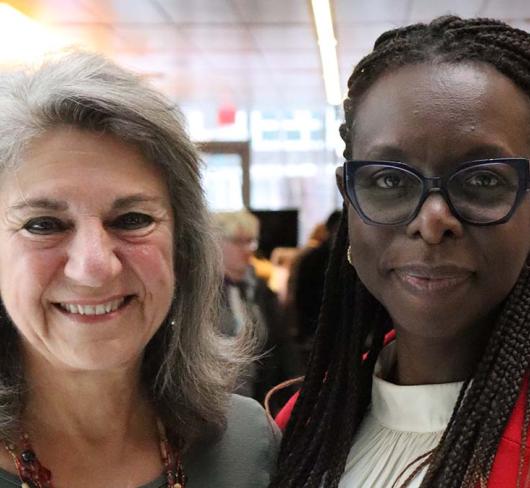Respect Teachers, Respect Collective Bargaining: Q+A with President Sam Hammond (From the President)
As the vice presidents and I have travelled around the province over the last two months meeting with members to discuss the parameters tabled by the government at the Provincial Discussion Table, some questions have consistently been raised. I would like to share them here. ETFO collective bargaining has been in the media a lot in recent months.What’s been going on? President Sam Hammond: As you know, our contracts expire as of August 31, 2012. In February the government invited us to the Provincial Discussion Table (PDT), a voluntary process that in past bargaining achieved advancements for both educators and students. During the first meeting this year, it became clear that the government wasn’t actually prepared to discuss anything. Instead, the three private sector bankruptcy lawyers heading the government side of the discussion presented us with a series of demands. The meeting defied every principle of fair and respectful collective bargaining. Is that when you decided to leave the table? SH: No. First we proposed a fair process for further discussions, one headed by people knowledgeable about education, with clear ground rules, and where issues brought forward by both parties could be addressed. Unfortunately, the government team would not agree to our proposal. At that point we left the discussion table. Since their proposal would have stripped our collective agreements of provisions we have achieved over the past 70 years, ETFO decided that it is in the best interests of our members to bargain, as we have in the past and as the law provides, board by board under the Ontario Labour Relations Act. As you probably know, the government later gave us an ultimatum – agree to the PDT demands or have them legislated – which was a serious concern to us, since from the outset they presented the discussion table as voluntary. What are the government’s demands? SH: The government’s demands include
- 0% salary increases in both years of a two-year collective agreement (2012–2014)
- Retirement gratuities eliminated for those not currently eligible and calculated on August 31, 2012 salary for those who are
- Elimination of sick days accumulated beyond the gratuity payout level
- Annual sick leave reduced to six days per year at 100% and then 66.66% pay for 24 weeks
- The salary grid frozen for two years, with no ability to advance on the grid based on either experience or qualifications
- A restructuring of the salary grid for the 2014 year and beyond.
What do these demands mean in concrete terms? SH: I’ll give you a couple of examples. For a beginning teacher, a freeze on the salary grid would mean a loss of more than $18,000 over the 2012–2014 collective agreement. This loss will compound over time and never be restored. The sick day reduction means that a teacher will actually lose 70% of their annual sick leave days, which is very significant both in our day-to-day work with kids and if a teacher develops a major illness. See controlyourfuture.ca for more details and the latest information. What are the next steps? SH: On June 1, we moved into provincial takeover and served notice to local boards of our intent to bargain. We will negotiate in good faith and expect the boards to do the same. We’re going to do everything we can to protect the integrity of our collective agreements, but it will take all 76,000 of us working together. Members must be informed, engaged, and active. There is a great deal at stake. We cannot give up our principles, our professionalism, or our students. Schools where educators are respected and treated fairly create good learning environments for students. Visit our website controlyourfuture.ca for more information. Visit your local’s website and ensure that you are part of this process.

